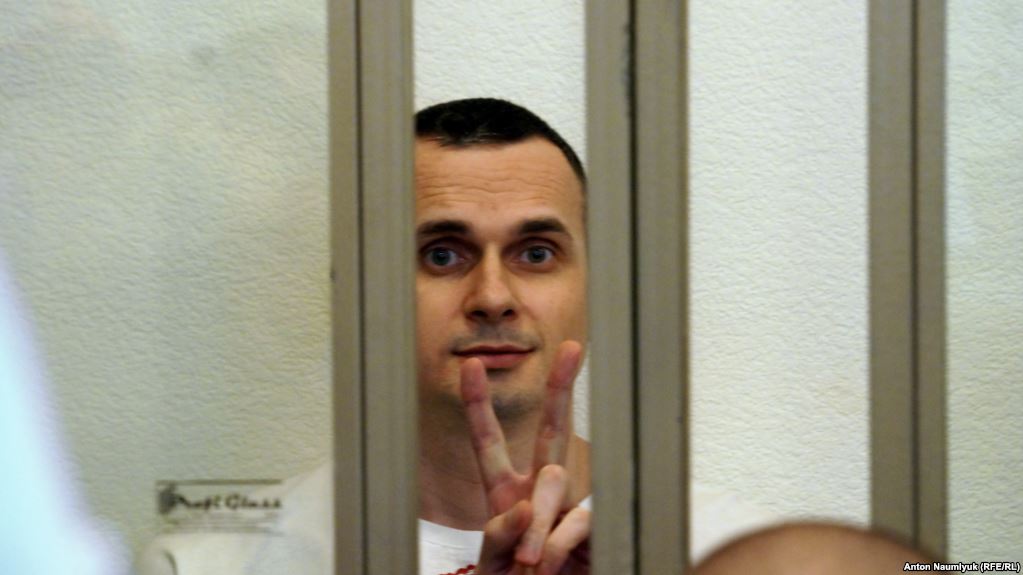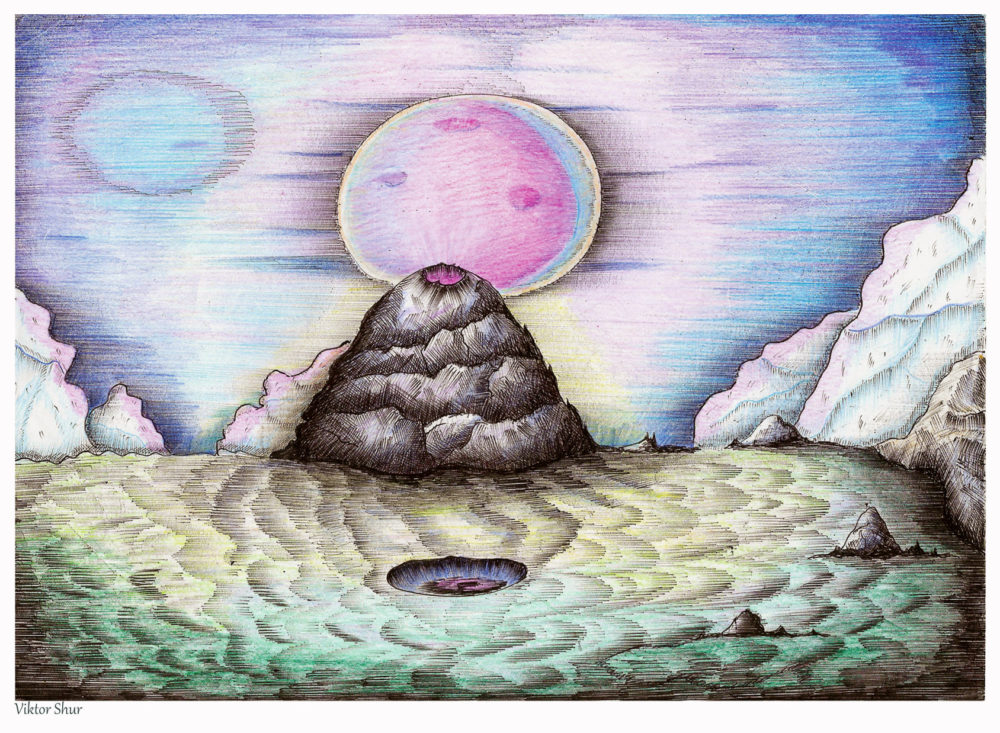Mr. Marynovych, currently, nobody in Ukraine has the answer to the question of how to free the political prisoners of the Kremlin. Do you have any advice?
First of all, I want to recall one moment of my prison life which is important for all those who attempt to free political prisoners from the Kremlin system. In the August of 1977, my interrogations stopped and the investigator said: “We're stopping, and it's quite possible that you won't see convicted at all.” That month, the Belgrade OSCE conference started, and the American delegation came there with a demand to free all the members of the Helsinki human rights group, all the human rights defenders.
But only the American delegation pressured the Soviet delegation, and maybe the Canadian one too. All the European ones said: “we have to be realists. This power will never let them go. We need to think about realistic things; let's not raise this question at all.”
As soon as the Belgrade conference stopped, I understood that the interrogations will resume. And indeed, in a few days they resumed and we went on trial. In telling you about this example because I knew from the inside: they were ready to release us, but the pressure was too small. Until there will be sufficient pressure, it will be more advantageous for them not to release them. And then the pressure was larger than today.
What's the conclusion from all this? Pressure needs to continue despite Putin and other dictators posturing that they will never give in to pressure of the West. They are afraid just the same. And maybe they're even afraid the most.
What was the Soviet Union afraid of?
The first thing that comes to mind are Star Wars. It was afraid that the West would stop negotiating with it and would put forward an ultimatum. And then the Soviet Union would be between a rock and a hard place, as it couldn't afford an arms race.
I remember how Gorbachev came out to a press conference after a conversation with Reagan. How angry he looked, how his jaw was clenched! Because Reagan clearly stipulated: either you allow for the democratization of the USSR, or there will be an arms race.
Today, many people in the West think that we need to accept the new status quo, make a new agreement with Russia. This means dividing the world into areas of influence once again. And people who couldn't care less about not only Ukraine, but Georgia and the whole Eastern Europe will say: “why should we care about those uncertain countries the behavior of which we can't predict, let Russia control them”.
Now we can often hear that pressuring Russia to release Ukrainian political prisoners is pointless, as it won't budge…
It's become traditional to say: there's no point in this pressure, because they won't let them go. But I am telling you: they would be ready to release them if the pressure would be sufficient. They were ready, they told me “you will not be convicted.” But since there was no pressure, they didn't let them go. Hence, there is a direct relationship and you need to pressure them. There are reasons for optimism.
What else can we do in today's circumstances, when the world is much more divided than it was during Soviet times?
A divided world is the result of Russian blackmail; this is the complexity of the given moment. I think you need to convince the world that it's not Ukraine that needs defending but themselves. Yes, precisely that - they need to defend themselves.
Now it's a bit easier speaking about this than in 2014. Then I had a talk in Belgium, and people didn't understand what the Russian threat is about. We're trading, everything is fine, everything is great.
Now, after Russia’s information attacks on the West were exposed, this is easier to understand. But still the ordinary people voting in elections imagine: “because of Ukraine, Georgia, and others, we have to suffer. Be we would like business as usual.”
I don't have any miraculous solution, but we need to not give up. This is my direct recommendation: don't give up, believe that this is possible.
And one more recommendation: to write letters to the prisoners. I received letters - well really, I received them only in exile, not in prison - and they gave me astonishingly wonderful impressions.
That's why you definitely need to write, you need to make those people feel they haven't been forgotten. I am convinced that they understand this, but at the same time, maybe they're being told: “see, people remember about Sentsov, but not about you.” My investigator told me: “look at you, all huffing and pretending to be a big statesman, everyone's forgotten about you.” And this works! Of course, I tell myself with my logic: “this isn't true,” but how important it is to really know it’s not true, to feel this support.
Take the story of Iris Akagoshi from the US and the Ukrainian political prisoner Zynoviy Krasivsky, who was held in a mental health hospital. He had no chance to get out, there was no term - it was for life! And he couldn't write anything, he only received letters. So he gets letters from Iris Akagoshi, an American Amnesty member, who writes to him into vacuum. She just regularly sends him letters, not receiving any response, not knowing if he gets them. Later, it was discovered that he got these letters, and when he was freed, they started corresponding. And what letters he wrote! Later, we published a book with them. It's a wonderful correspondence. This person wrote despite not having any answer. But she believed.
- Read also: Ukrainian dissident Krasivsky: Russia is our historical enemy. Only by fighting back can we survive
How can we convince the West that this [Russian aggression against Ukraine - ed] concerns them as well? It's very difficult, sometimes it's like a blank wall. Sometimes I travel and start speaking about Russia's threat, and I can see “Ukrainian nationalist” in their eyes.
But we’ll manage. Do you know the parable about the frog? [It goes: a frog was drowning in a pitcher of milk but it didn't despair and beat its legs so many times that it made butter and was able to jump out of the pitcher, springing from it - ed] Tell your colleagues the parable about the frog. You need to beat with your legs. And you'll make butter from that milk.
This article was published in Ukrainian on LB.ua
Read also:





